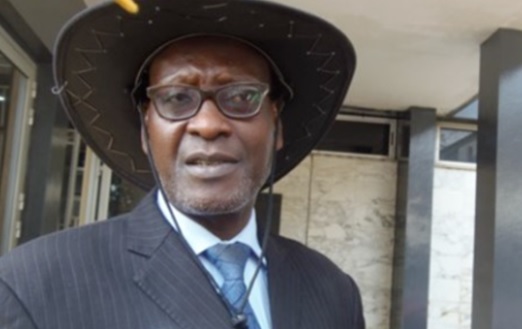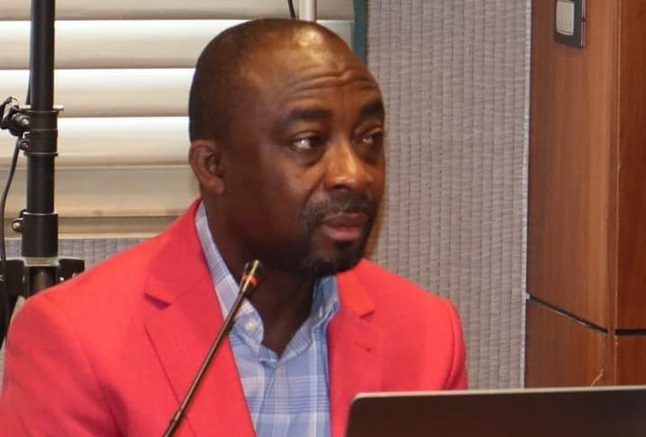MONROVIA, LIBERIA – Former Associate Justice Micah Wright ignited a debate about the Supreme Court’s role during the Montserrado Chapter of the Liberia National Bar Association (LNBA) convention in Sinkor on Saturday, May 24. Delivering the keynote address, Wright argued that the Supreme Court has overstepped its bounds by allowing lawyers to be admitted to local bars.
Cllr. Wright contended that while it is appropriate for the Supreme Court to grant and, when necessary, withhold licenses for lawyers, determining membership of the Liberian National Bar Association should not fall under its jurisdiction. He insisted that the admittance of lawyers to the bar should be the exclusive function of the LNBA, not the Supreme Court. According to Wright, such actions by the Supreme Court usurp the authority of the local bar association.
This controversy is not new, stemming from a high-profile case nearly five years ago when the LNBA expelled Nigerian-born lawyer Cllr. Ndubuisis Nwabudike on June 19, 2020, for allegedly forging his nationality status. The LNBA claimed that Nwabudike had fraudulently obtained membership. However, the Supreme Court overturned the LNBA’s decision, ordering Nwabudike’s reinstatement.
Nwabudike, who asserted that he naturalized as a Liberian in 1982, continued to hold significant positions, including chairing the Liberia Anti–Corruption Commission (LACC). Despite failing to prove his naturalization during a Senate confirmation hearing for the National Elections Commission (NEC) chairmanship, he maintained his role at the LACC until his expulsion from the LNBA. His appointment to head the NEC by former President George Manneh Weah in 2020 marked his third significant position in less than two years.
Cllr. Wright used this context to call on members of the Montserrado bar to take a proactive role in scrutinizing and overseeing the admission processes of new lawyers. He urged the Montserrado Chapter of the LNBA to engage with the broader LNBA to establish clear and transparent procedures for lawyer admissions, emphasizing the need to avoid the overreach of the Supreme Court into matters best handled by the bar association.
Wright’s remarks have sparked significant discussion within the legal community about the appropriate boundaries of the Supreme Court’s authority and the importance of maintaining the autonomy of the LNBA in regulating its membership. As the debate continues, it underscores the ongoing challenges in balancing judicial oversight with professional self-regulation in Liberia’s legal system.







